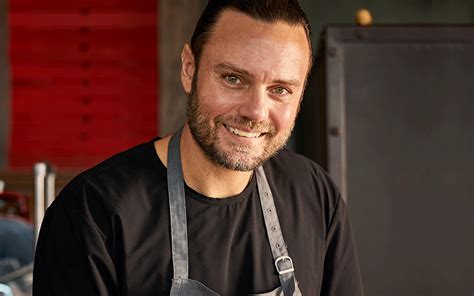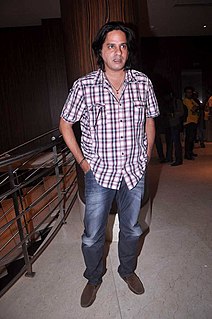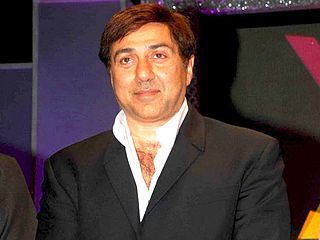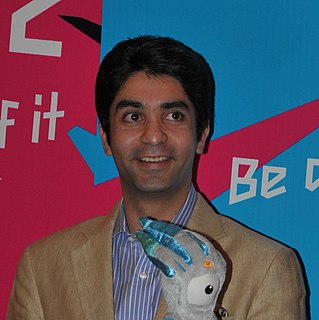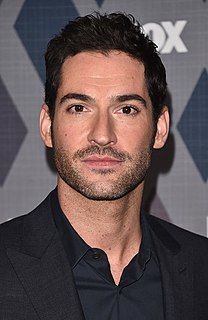A Quote by Celine Sciamma
I decided to put cinema at the centre of my life when I was 13 and going through the biggest crisis of my life: teenagehood.
Related Quotes
There's a difference between just gaining access to a commodity as opposed to a spirit that allows us to live a life of love and justice, that when crisis and catastrophe hits you, that the biggest mansion in the world is not going to help you. If you don't have anybody who loves you, if you don't have any God who cares for you, that you're not going to have what it takes to move to the next stage in your life.
In the point of view of my personal feelings, I love the music as well as the cinema, but the future of a trumpet player - in the money point of view, but also any point of view - is very short on expectations. The life of a moviemaker can be glorious and wonderful. It can put your life in the best of possibilities. I decided to forget music. Not forget, because this is impossible, but to work in cinema, and just to be someone who loves music, and who tries to make music with his films.
My production company wasn't doing well, so we were not producing films. Over a period of time, we have realized that we are going to produce our own films and make cinema that we like. We've got so much in-house talent, and my kids are going to be coming, so we all decided that we are going to be in films and cinema.






